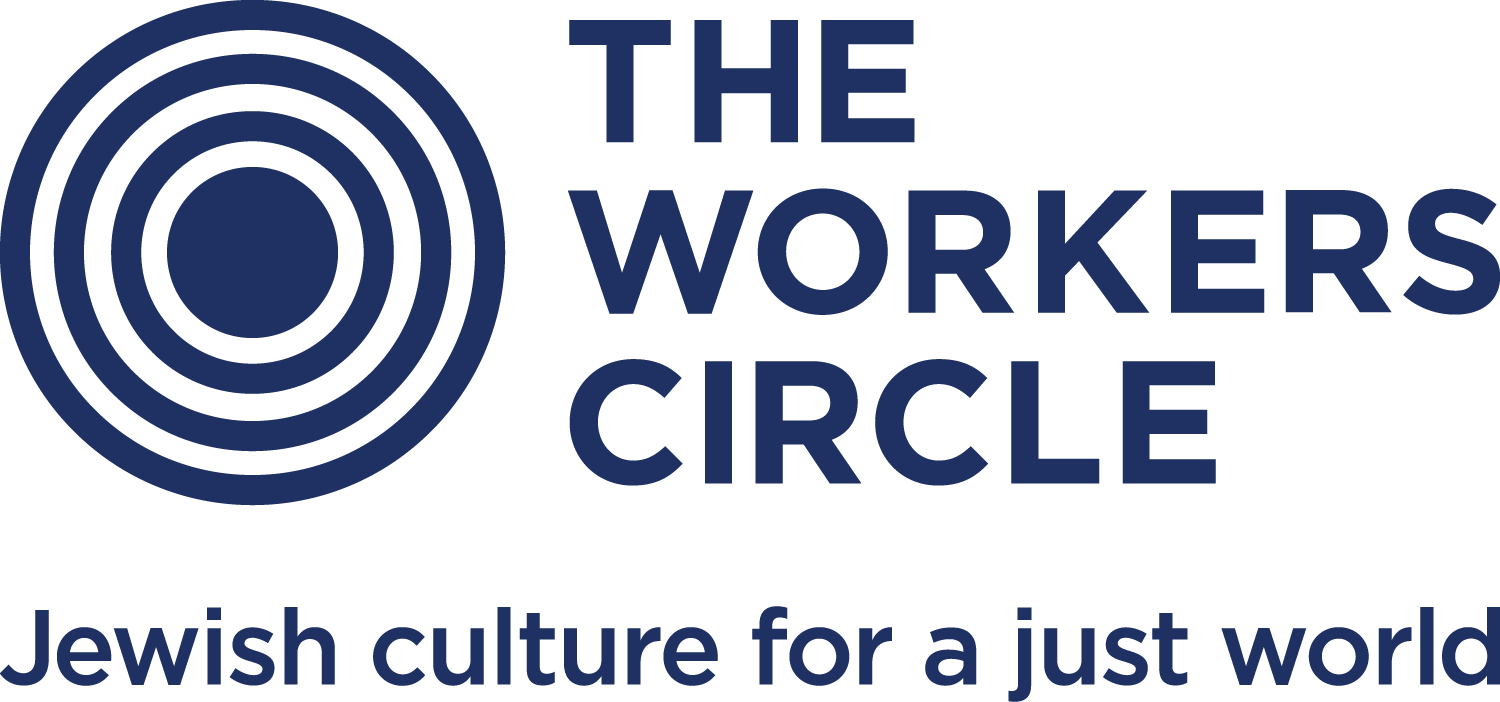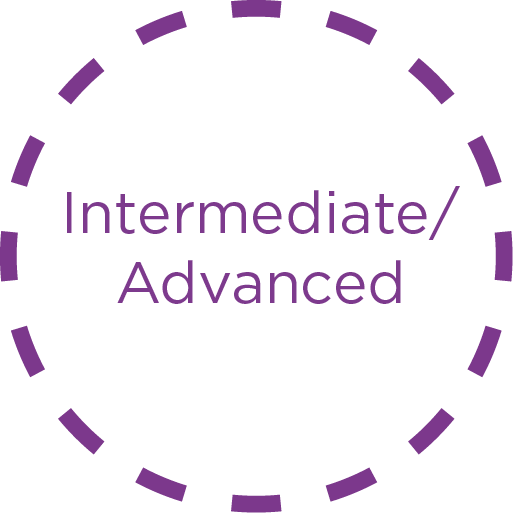Intermediate – Advanced with Eli Benedict: Chassidic Yiddish - From Ancient Times to Contemporary Pop Culture: Wednesday 2:30 – 4:00 PM: Oct. 30, Nov. 6, 13, 20, 27, Dec. 4, 11, 18, Jan. 8, 15
Wednesday 2:30 – 4:00 PM: Oct. 30, Nov. 6, 13, 20, 27, Dec. 4, 11, 18, Jan. 8, 15
Course Goals : For the first time in the history of Yiddish studies, we offer Yiddish courses drawn directly from the vast body of Chassidic creativity. Our goal in this course is to deepen the understanding of Chassidic literature and songs in Yiddish, from the beginnings of the Chassidic movement around 1740 to the present day. We will read Chassidic stories, study Chassidic teachings, delve into historiographical texts, and sing Chassidic songs in Yiddish. By the end of the course, students will gain a deeper insight into the essence of the Chassidic movement, its history, and its ancient and contemporary culture.
Course Tools: We will use a large collection of short texts from various sources provided by the instructor. We will listen to recordings of songs and badchones (gramen), and practice some contemporary spoken Chassidic Yiddish.
Additional Info: The course is suitable for advanced students or at least those who understand Yiddish at an advanced level (speaking fluently is not required). The course will be conducted entirely in Yiddish, but English will be used for translation purposes only, with difficult terms translated simultaneously into English. Students will be able to pause and request translation if something is unclear.
Wednesday 2:30 – 4:00 PM: Oct. 30, Nov. 6, 13, 20, 27, Dec. 4, 11, 18, Jan. 8, 15
Course Goals : For the first time in the history of Yiddish studies, we offer Yiddish courses drawn directly from the vast body of Chassidic creativity. Our goal in this course is to deepen the understanding of Chassidic literature and songs in Yiddish, from the beginnings of the Chassidic movement around 1740 to the present day. We will read Chassidic stories, study Chassidic teachings, delve into historiographical texts, and sing Chassidic songs in Yiddish. By the end of the course, students will gain a deeper insight into the essence of the Chassidic movement, its history, and its ancient and contemporary culture.
Course Tools: We will use a large collection of short texts from various sources provided by the instructor. We will listen to recordings of songs and badchones (gramen), and practice some contemporary spoken Chassidic Yiddish.
Additional Info: The course is suitable for advanced students or at least those who understand Yiddish at an advanced level (speaking fluently is not required). The course will be conducted entirely in Yiddish, but English will be used for translation purposes only, with difficult terms translated simultaneously into English. Students will be able to pause and request translation if something is unclear.
Wednesday 2:30 – 4:00 PM: Oct. 30, Nov. 6, 13, 20, 27, Dec. 4, 11, 18, Jan. 8, 15
Course Goals : For the first time in the history of Yiddish studies, we offer Yiddish courses drawn directly from the vast body of Chassidic creativity. Our goal in this course is to deepen the understanding of Chassidic literature and songs in Yiddish, from the beginnings of the Chassidic movement around 1740 to the present day. We will read Chassidic stories, study Chassidic teachings, delve into historiographical texts, and sing Chassidic songs in Yiddish. By the end of the course, students will gain a deeper insight into the essence of the Chassidic movement, its history, and its ancient and contemporary culture.
Course Tools: We will use a large collection of short texts from various sources provided by the instructor. We will listen to recordings of songs and badchones (gramen), and practice some contemporary spoken Chassidic Yiddish.
Additional Info: The course is suitable for advanced students or at least those who understand Yiddish at an advanced level (speaking fluently is not required). The course will be conducted entirely in Yiddish, but English will be used for translation purposes only, with difficult terms translated simultaneously into English. Students will be able to pause and request translation if something is unclear.


